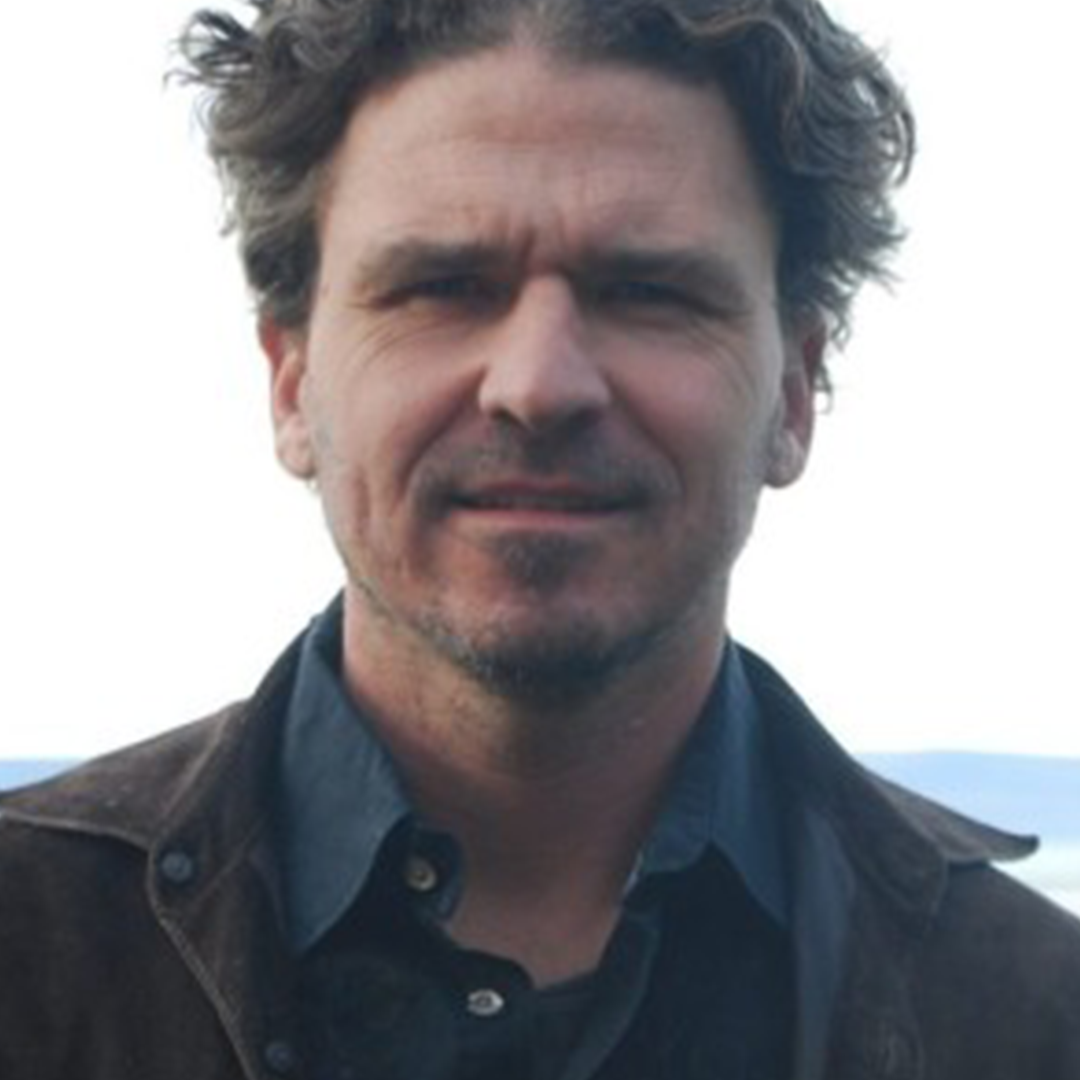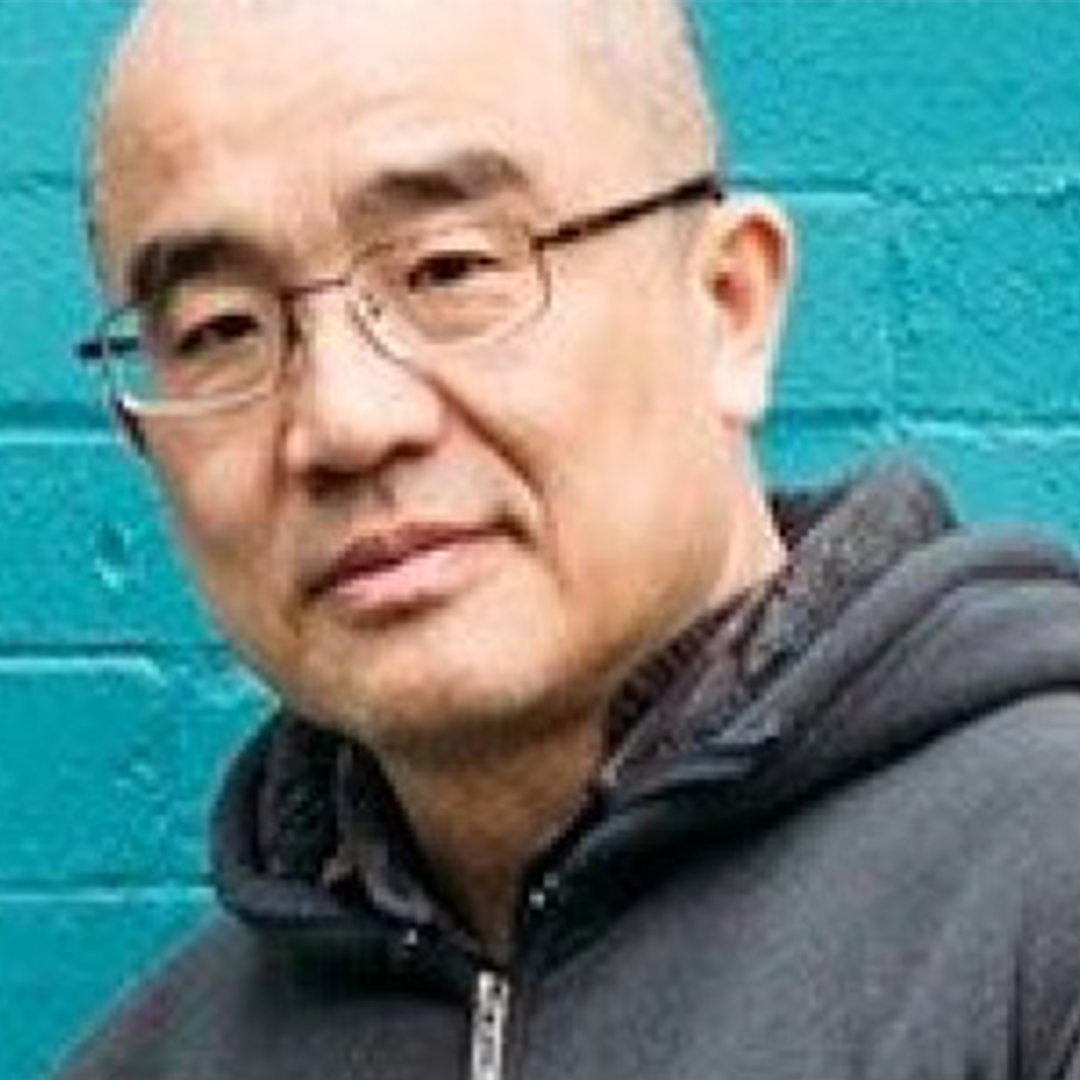Index relies entirely on the support of donors and readers to do its work.
Help us keep amplifying censored voices today.
[vc_row][vc_column][vc_single_image image=”114740″ img_size=”full” add_caption=”yes”][vc_column_text]“Someone has to say enough is enough,” said Shabana Mahmood, a member of parliament (MP) from the UK in a speech she delivered last night in the British parliament about the genocide of the Uighur people from the Chinese province of Xinjiang.
“The Chinese government continue unhindered with a campaign of what can only accurately be described as genocide, but where we should expect leadership and action, there is only a yawning void.”
Mahmood said the testimonies from Uighurs are “ever more disturbing”, citing a recent ITV news item in which a doctor spoke of forced sterilisation and abortion (in one instance a baby was still moving when it was discarded into the rubbish) and a man spoke of torture so extreme that he passed out. These are not isolated examples. It is estimated that at least one million people are incarcerated in camps across the region, while the millions of others who are not in a camp are subject to constant harassment and are living under extreme surveillance and control, right down to the language they speak.
“The charge sheet is long and horrific,” said Mahmood.
Mahmood mentioned new Disney movie Mulan, which was filmed in the province, as “one of the most striking examples of choosing to look away” and said there was a savage irony given the story of Mulan is one of family and emancipation.
“We should all be alarmed and appalled by what we are seeing, but we should all also resolve to forge a path forward for Uighur freedom,” argued Mahmood, who said this path involves various approaches, such as corporate and government accountability. We “cannot allow the fruits of forced labour to end up on our shores and in our homes”, she said, adding: “The Chinese Communist Party has busily been buying up influence and the silence of other countries.”
She also spoke of legal avenues, including those that have been used in recent years to help the Rohingya from Myanmar.
“History will judge us for the unforgivable lack of action thus far,” said Mahmood.
Many of these moves Mahmood called for were at a governmental level. What can we as individuals do?
1) Shout about it
Yes, a Tweet and a Facebook post are easy, but they are still better than nothing. We must use our words, especially when those in Xinjiang are being so woefully deprived of theirs. This is not to say that if we remain silent we are complicit. As the philosopher Julian Baggini wrote for the magazine earlier this year: “There are innumerable injustices around the world. Save for a handful of full-time activists and professionals in organisations such as Index, the finite supply of time ensures that most of us are silent about the vast majority of them.” Baggini specifically mentioned the Uighurs. But he also spoke about the concept of a “speech act”. “The key idea is very simple: words do not only convey information, they can actually do things. When a boss says ‘You’re fired’, a person loses their job. When a male manager says something misogynistic, he diminishes the status of female colleagues and makes their opinions count for less.” We can, through our words, foster an environment in which these actions are not condoned, in which Chinese officials find it increasingly difficult to go on live television and claim the atrocities are not happening, and in which world leaders struggle to continue their inaction.
2) Be wise to where our products come from
We at Index do not advocate outright banning – it goes against what we stand for. But nor do we promote companies and organisations involved in exploitation and human rights abuses. In an interview earlier this year about companies working with China, Yaqiu Wang, a senior researcher at Human Rights Watch, said: “By caving into the Chinese demands you are putting your values [aside] – social responsibility, freedom. It is really corrosive. You are affecting global freedom of speech.” As a consumer it’s difficult to know where everything comes from. That said, with each passing day evidence emerges linking major global brands to slave labour in Xinjiang. As consumers we can speak through our wallets. We can buy from the brands that we know aren’t complicit in the genocide; we can watch movies that aren’t filmed in the province. And we can support organisations like End Uyghur Forced Labour who are working hard to expose these links. We have choices here.
3) Protest on the streets
Live in London? The Chinese Embassy is located at 31 Portland Place, W1B 1QD. That’s a great place to start. Index have documented over the years countless examples of protest working, whether it’s a single person campaigning from their home or millions coming together. There’s a reason governments are so keen to control and clamp down on protest; it works.
4) Don’t normalise technology that is used against Uighurs
Genocides don’t happen overnight. The foundations for genocides are laid years, even decades, in advance. And while it’s difficult to pinpoint when the start date is, there are certain key moments. In the case of the Uighurs, one of these was the spread of mass surveillance. We need to fight against this, not just because video cameras sprouting up like mushrooms in our streets are bad for our own privacy. Also because if we are OK with it being used here we lose some of our moral high ground for arguing against it being used there.
5) Campaign for media freedom
There has been some phenomenal reporting on Xinjiang. Thanks to drone footage of camps by Buzzfeed and videos taken from inside a prison on the BBC, we are now gaining a far greater picture of what is happening in Xinjiang. Journalists are at the forefront of exposing the genocide. At the same time getting information out of Xinjiang is incredibly hard – the Chinese government tightly controls access to the province and some journalists have found their visas revoked as a result of their coverage. When we speak up for Uighurs, we must also speak up for the journalists who are putting their lives and careers on the line to bring us information. If you do hear of any media violations, whether related to Xinjiang or elsewhere, please report them to us or to our media map.
6) Give platforms to those in the Uighur community
Whether you are an events host, a media outlet or simply have your own blog, offer space for those from the Uighur community to talk. Uighurs have a rich and wonderful history of poetry and the spoken word. Why not publish some? That is what we are hoping to do in our winter issue. And in our forthcoming Autumn issue of the magazine, US-based Uighur activist Rushan Abbas, whose sister is in a concentration camp in Xinjiang, writes about her own experience and outrage. Please do subscribe to read this important article.
7) Finally, support organisations that are supporting Uighurs
There are now some excellent organisations to engage with. Here are a few of them: Campaign for Uyghurs, World Uyghur Congress and Uyghur Human Rights Project. You can donate to them and can sign petitions organised by them. Plus write to your local MP so that they can join people like Mahmood in putting pressure on the UK government to act.
Watch Mahmood’s speech in full here.[/vc_column_text][/vc_column][/vc_row][vc_row][vc_column][three_column_post title=”Read more on China” category_id=”85″][/vc_column][/vc_row][vc_row][vc_column][/vc_column][/vc_row]
FEATURING

Writer

Writer and campaigner

Writer and academic
[vc_row][vc_column][vc_single_image image=”114590″ img_size=”full”][/vc_column][/vc_row][vc_row][vc_column][vc_column_text]August is meant to be a quiet month for news. But this month has been anything but quiet.
Every day the world has been exposed to a new and sustained attack on our basic human rights. In every corner of the world, our collective rights to free expression and our freedom of association seem to be under siege. And for too many, the most basic of our human rights – our right to life, to live in peace – is, too often, not considered a right at all by those who will use any tool at their disposal to retain their power and the status quo.
It seems that at any given time, there is always at least one government, one repressive regime or a non-state actor using their power to remove the rights of citizens.
The results are heart-breaking to watch and devastating for the families that are torn apart and left scared and isolated.
This week alone, we have seen images of a teenager from Sudan who drowned as he tried to get to the UK to plead asylum – a 16-year-old who was fleeing war and a military regime.
In Russia, the leader of the opposition, Alexei Navalny, is in a coma after reportedly being poisoned as he travelled back to Moscow. His wife is being refused access to his hospital bed.
The first-hand account from a Uighur teacher who had been exposed to the Xinjiang concentration camps was published this week. It is a harrowing personal testimony of a genocide.
In Hong Kong, the impact of the national security law continues to be felt far and wide with arrests and intimidation now being deployed to silence dissenters. And its reach is now being felt outside of China. On university campuses around the world, professors and academics are starting to consider the impact their teaching will have on Chinese students. Knowledge has become a vulnerability for too many Chinese students as they return to Hong Kong. Seats of academic enlightenment and learning are having to change what they teach and how they teach it in order to protect their students – this is not acceptable.
And of course, we have followed in horror what is happening in Belarus, on European soil, as Lukashenko refuses to leave office and hold free and fair elections. Journalists arrested, protestors tortured and artists and musicians sacked for standing up to the regime.
These are the stories which have held the news cycle and grabbed our attention. However, for each example I cite there are a further dozen cases of tyranny that need to be exposed and challenged, in every corner of the earth. And yet, woven through each of these affronts to our basic rights is a single thread of brave men and women who refuse to be silenced. A cadre of freedom fighters determined to protect their rights and ours. They do not know each other and they likely never will meet but they are fighting the same fight. They are holding back the tide of tyranny and they are risking everything to do so.
The question for all of us is what can we do to help? How can we support people on the other side of the world as they stand up to tyrants? How can we make sure they know that we stand with them?
At Index, it is our role but also our responsibility to stand with them. To tell their stories, to publish their work, to make sure that the world knows what is happening to them. But to do that we need your help. We need your support, emotional and of course financial. Behind each of these headlines is a person, a family, a life. Their lives are as valuable as ours but their journeys are at the moment just too hard. To support them we need your help – please donate to Index, just a five pounds a month will enable us to tell someone else’s story.[/vc_column_text][vc_btn title=”Donate to Index” color=”danger” size=”lg” link=”url:https%3A%2F%2Fwww.indexoncensorship.org%2Fregular-donation-form%2F%3Famt%3D%25C2%25A35|||”][/vc_column][/vc_row][vc_row][vc_column][three_column_post title=”You might also like to read” category_id=”13527″][/vc_column][/vc_row]
[vc_row][vc_column][vc_single_image image=”114537″ img_size=”full” add_caption=”yes” alignment=”center”][/vc_column][/vc_row][vc_row][vc_column][vc_column_text]Cartoonists are “the canaries in the coal mine” when it comes to media freedom. That, at least, is the view of multiple award-nominated Belgian cartoonist Steven Degryse, better known to his readers as Lectrr.
If so there is certainly something wrong in the mine. According to the Cartoonists Rights Network International, there have been more than twice the number of attacks against cartoonists between the months of March and May this year than there normally are, and the reason? It is a dangerous combination of restrictive legislation enacted because of the Covid pandemic, the rise of authoritarianism, frayed tempers, and offended individuals with powerful platforms.
Early on in the crisis, Lectrr’s cartoon of a Chinese flag with biohazard symbols instead of stars drew sharp criticism.
“I started to receive a lot of hate mail on my social media, most of it in Chinese, and a lot by fake accounts and manufactured texts. After a while I also received a death threat by one of the accounts,” said Lectrr.
While he did not feel pressured by the negative reactions, not all cartoonists share this sentiment. Australian cartoonist Badiucao received a death threat from a Twitter user following the publication of his Wuhan Diary; likewise, Mahmoud Abbas and his family’s location was shared on social media following the publication of his oil crisis cartoon that sparked a smear campaign against him as well as death threats.
Terry Anderson, executive director of Cartoonists Rights Network International, says that in countries where democracy is weak or entirely absent, legislation that is said to be in the name of monitoring false information about coronavirus is “actually being used to detain critics who…aren’t pleased with how the situation is being handled in their country”. Anderson said, “Authoritarianism, isolationism, and exceptionalism are pretexts by those who have an inclination to curtail freedoms…under the auspices of protecting public health, protecting from misinformation and disinformation, from fake news, and so on.”
Lectrr said there has been a rise in both violence and legislation that prohibits criticism of the government, or that the government deems seditious in countries “where we see the rise of autocratic leaders…[like] Trump, Bolsonaro, Orban, and Francken who constantly bash or criminalize journalists and cartoonists with their followers”.
This is something that the Index on Censorship has been acutely aware of. Since the start of the Covid-19 pandemic, there have been more than 200 violations of media freedom which we have reported on an interactive map, in conjunction with our partners at Justice for Journalists Foundation.
For example, Brazilian president Bolsonaro suspended the deadline for when his government must respond to a request for access to information in an attempt to prevent the public from accessing government records; a study in Hungary found that public information on the coronavirus pandemic has been centralised and restricted in an attempt to control the pandemic’s narrative; and in the United States, the NYU Grossman School of Medicine and NYU Langone Health has ordered faculty doctors not to speak with reporters about Covid-19 without express approval from the Office of Communications and Marketing under threat of termination. These legislative and regulatory attacks on media freedom have affected journalists and cartoonists by preventing their access to pertinent information, and therefore curtailing criticism of respective governments. However, government regulation of media is not the only type of violence that cartoonists have had to endure.
With billions of people around the world in lockdown, media content has been at the forefront of everyone’s mind. People are constantly on the news—newspapers, social media, televised reports—and right along with the daily news is a critical cartoon.
Anderson said, “Because so many things in their common life are gone, people are consuming information in a much higher quantity, so when a news story breaks, everyone is paying attention. If there’s a cartoon that pisses people off, it’s going to piss off far more people far more quickly.”
Lectrr’s cartoon was one of many that upset powerful people.
In the early months of 2020, “there was a rash of diplomats specifying cartoons that they took umbrage with…when a diplomat, somebody with an enormous platform and prestige singles out an individual practitioner, it’s an open invitation to harassment,” said Anderson. “The majority are state actors: governments, police forces, and military.”
When cartoonists, who are often freelance artists, are targeted by someone as powerful as a diplomat, they become the eye of public dissent, and as a result, become victims of smear campaigns, death threats, and, in some cases, violent, physical attacks.
Usually, a cartoonist or journalist can be silenced in the EU with the “brutal intimidation…of lawyers. Cartoonists and journalists often don’t have the means to go into lengthy trials, so even when they are right…they often don’t stand a chance against powerful enemies,” according to Lectrr.
These kinds of defamation cases run “dry the resources of cartoonists,” he continued, but in the age of the coronavirus, the most effective way to silence a cartoonist seems to be by putting them in the centre of a storm of loyal, angry, low-patience supporters, bypassing the need to spend money on a trial, and instead using a sea of threats to intimidate and silence cartoonists.
This Covid-inspired attack on cartoonists has led some media outlets to conclude that cartoons and cartoonists are a problem, Anderson stated.
“It’s a strange thing, just five years after the Charlie Hebdo massacre, to see so many places saying, ‘yeah, we’ll just do without—we won’t have cartoons.’”
Although a world without cartoons feels more imminent now during the clash of authoritarian leaders and a deadly virus, Lectrr warns that “where cartoonism [sic] is in decline, so is freedom of speech, or even democracy.”
What happens to a society when freedom of speech is regulated, or worse, eradicated, by governments? And how close are we to that edge?
Read more about Index on Censorship’s mapping media freedom during Covid-19 project. [/vc_column_text][/vc_column][/vc_row][vc_row][vc_column][three_column_post title=”You might also enjoy reading” category_id=”40456″][/vc_column][/vc_row]